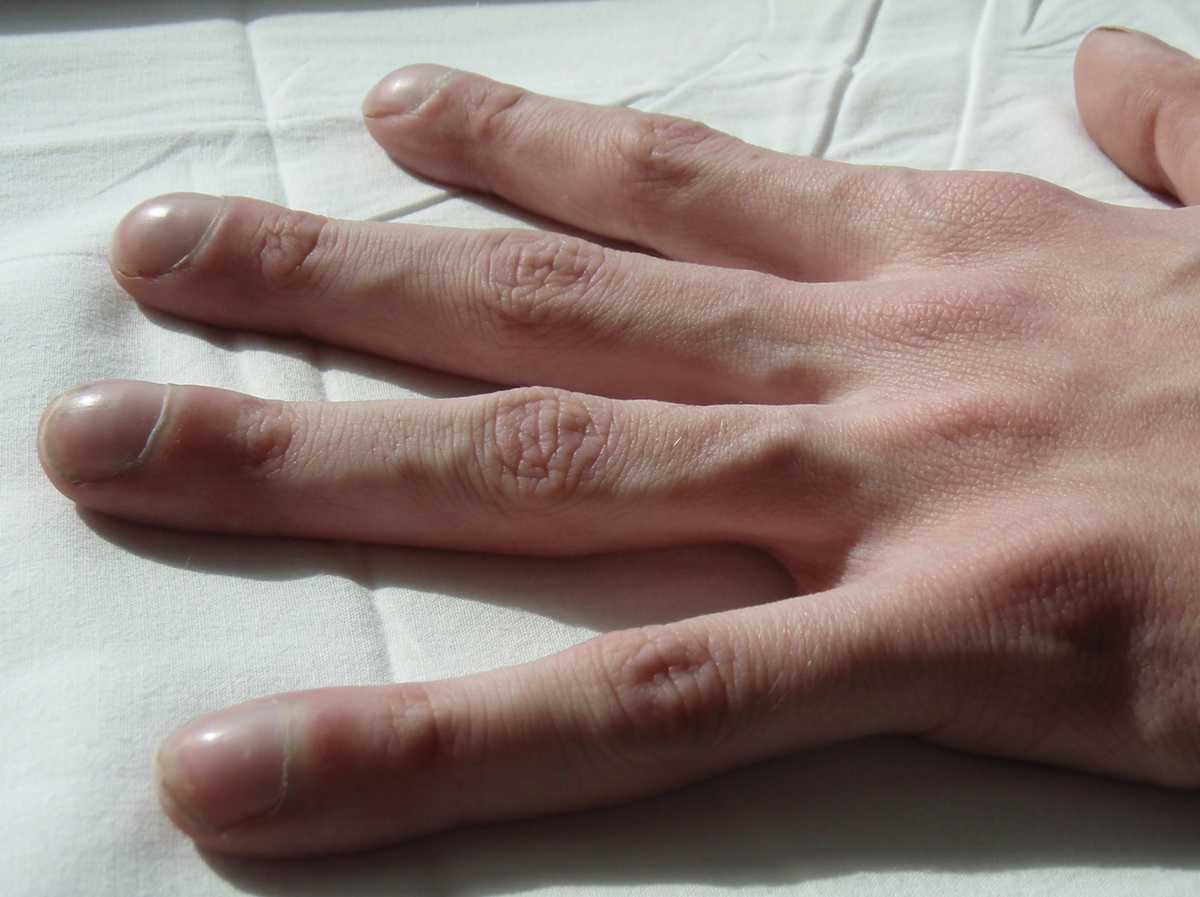
What is cystic fibrosis and why is it dangerous?
Cystic fibrosis is a genetic disorder that affects the various vital organs in the body, namely liver, intestine, lungs and sinuses. It is a life-threatening hereditary disorder whose usual targets are the lungs and the pancreas, but other organs in the respiratory, digestive and reproductive system are its frequent "victims" as well. The trick with cystic fibrosis is that it affects cells that secrete fluids, lubricating, as saliva and mucus, or others,such as sweat and digestive juices. these cells are damaged by cystic fibrosis, and as a result, secretions of these cells, normally thin, fluid and slippery, become thick and sticky. They then cause obstruction or blockage of ducts in the lungs and the pancreas. Accumulation of mucus in the lungs causes breathing problems, recurring lung infections and ultimately lung damage. Mucus that has accumulated in the pancreas causes digestive problems, as digestive enzymes that are produced in the pancreas are not able to to reach the small intestine
Causes
As mentioned, cystic fibrosis is a genetic disorder. It is caused by a defect in the CTFR (cystic fibrosis transmembrane conductance regulator) gene. Genes determine how proteins are built. Basically, a gene is a blueprint, assembly instruction. Imagine that you have a false information in the manual that tells you how to put together a car engine, and you end up with an engine that has one part missing, one part placed upside down, and one wrong part. That engine is not going to work, right? but since proteins are more complex and more flexible than man-made engines, you might end up with a protein coded by a defective gene that might work well, might work bad, or might not work at all. I this case, the protein coded by CTFR gene will not fulfill its role as it should. And this protein regulates movement of salt and water in and out of the cells. A defective variant of this protein will cause mucus secretions of the digestive and respiratory tract to be too thick and too sticky, and its influence on the reproductive system leads to infertility.
Symptoms
These will vary from person to person, as some affected people may will suffer from digestive problems, some from respiratory problems, and some from both. Presence of chronic respiratory infections such as chronic sinusitis, pneumonia and bronchitis is common, and these frequently lead to asthma. Collapsed lungs is a life-threatening complication of cystic fibrosis. Common problems associated with the digestive tract include chronic diarrhea and severe nutritional deficiencies, caused by lack of digestive enzymes in the intestine. Result is poor absorption of vitamins soluble in fat such as vitamin A, vitamin D, vitamin E and vitamin K. Increased blood sugar levels are also related to cystic fibrosis. Obstruction of bile duct can cause liver cirrhosis and gallbladder diseases.
Diagnosis
Diagnosis can be done during pregnancy, by extraction of amniotic fluid and its examination for fetal intestinal enzymes. The immunoreactive trypsinogen test (IRT) is carried out in newborns. Sweat electrolyte test is used for diagnosis in children and young adults.
Treatment
Treatment is based around prevention of infections, removal of mucus from the lungs and focusing on adequate nutrition. Use of antibiotics, physical therapy and exercises is common for respiratory tract problems. Nutritional therapy is aimed at digestive problems.


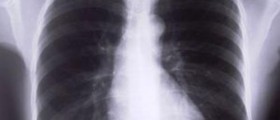

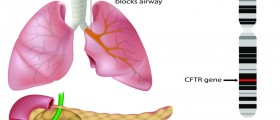






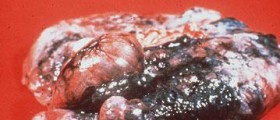



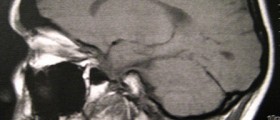

Your thoughts on this
Loading...